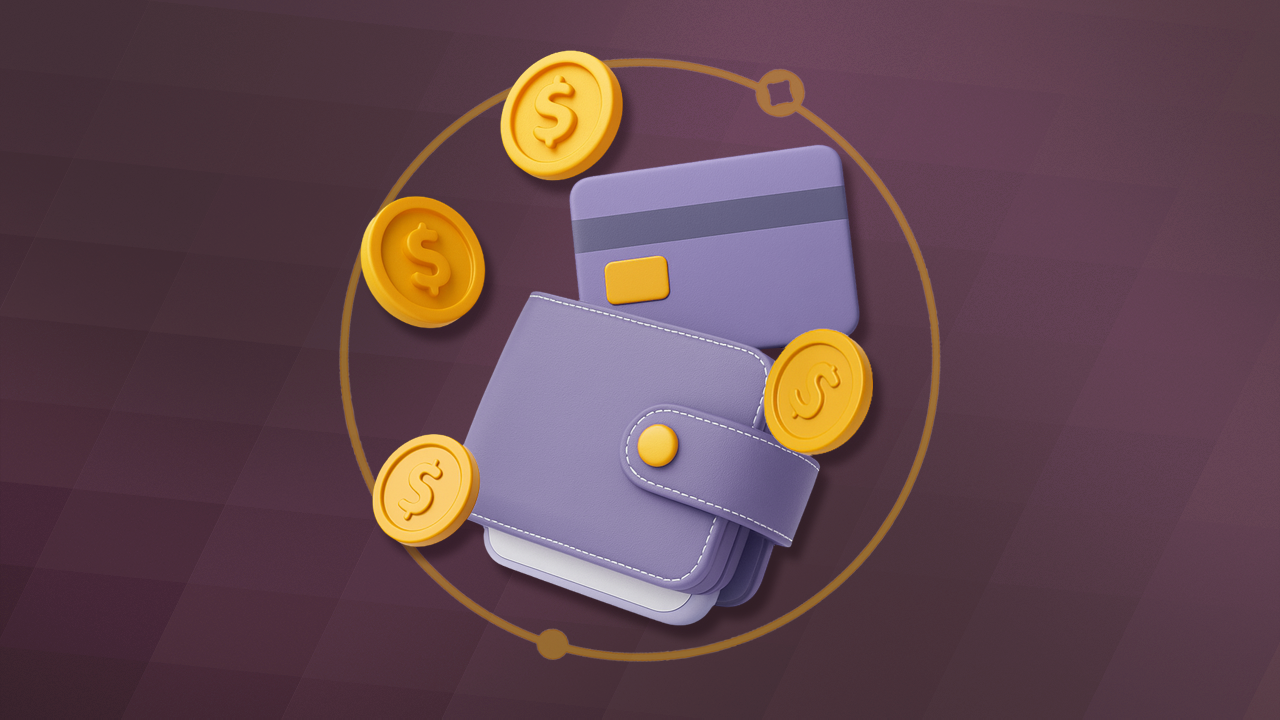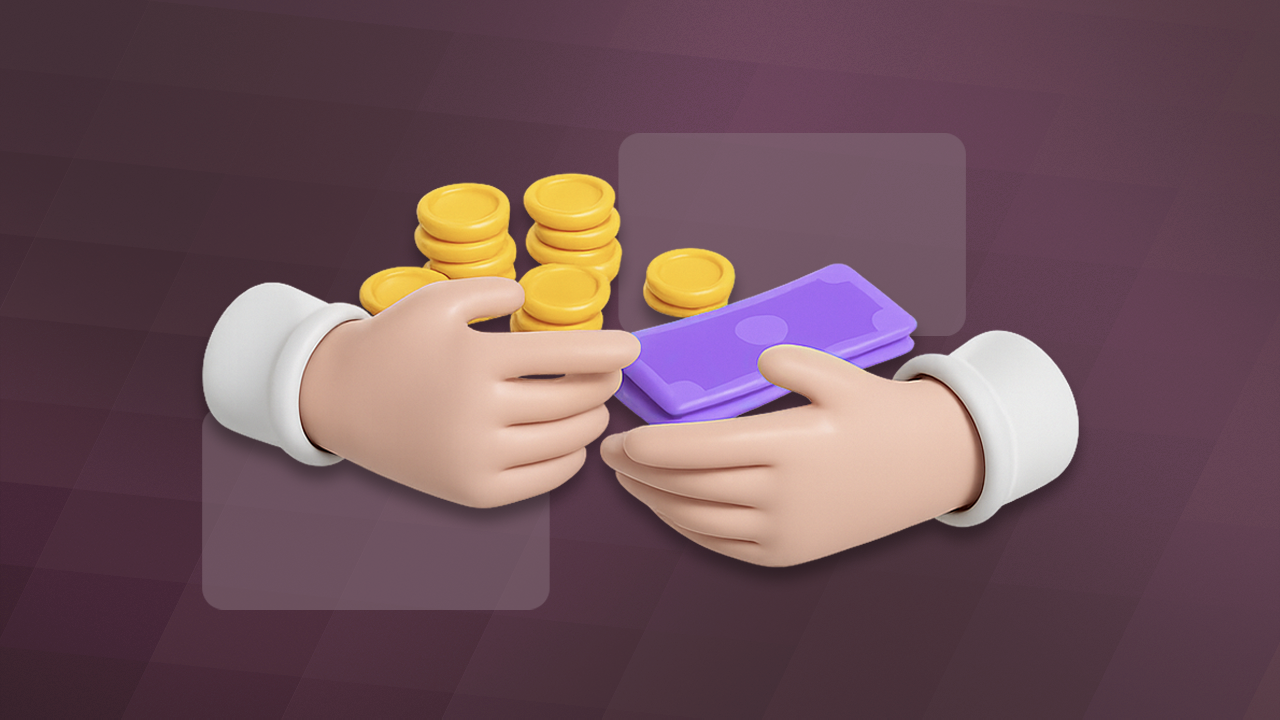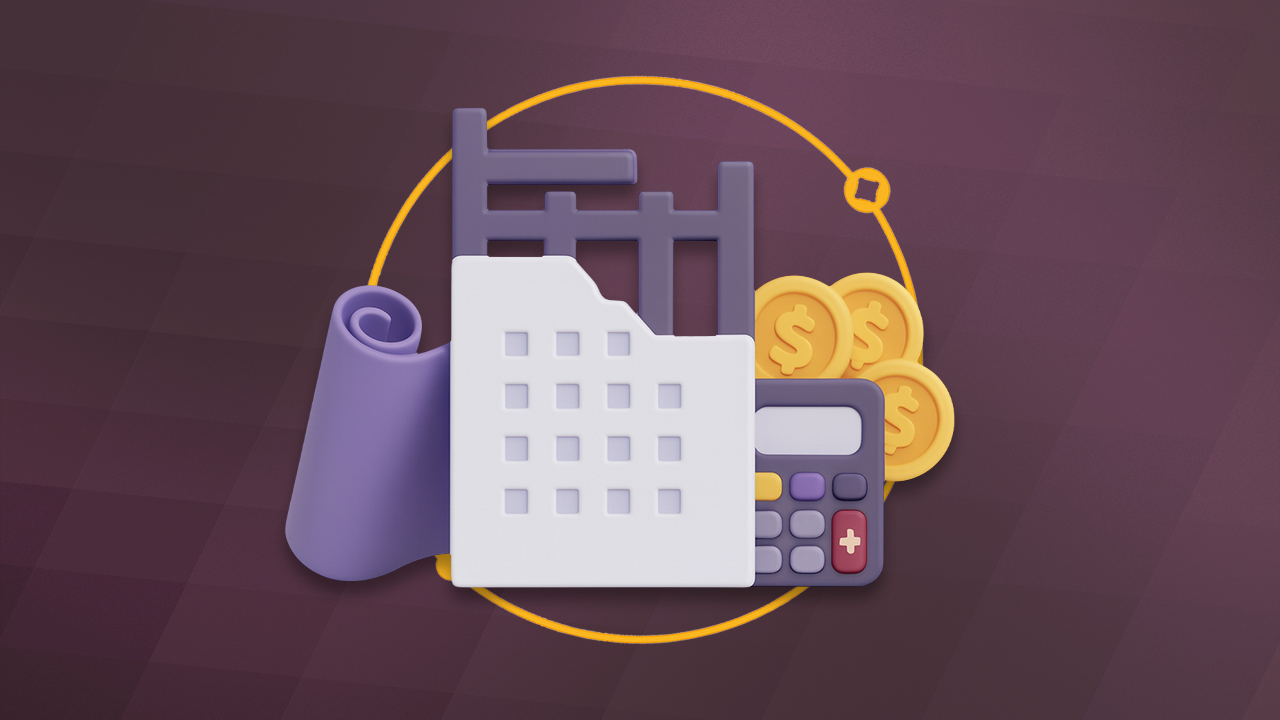Are you trying to pass credit card processing fees to your customers in QuickBooks? You're not alone. Thousands of businesses search for ways to automatically surcharge credit cards in QuickBooks every month, only to discover the platform doesn't support it natively.
This guide will show you exactly how to handle credit card surcharges in QuickBooks—both the manual method that most businesses use (and why it doesn't scale) and the automated alternatives that actually work.
Quick Answer
❌ Can QuickBooks automatically surcharge credit cards? No.
⚠️ Can you do it manually? Yes, but it takes 5-10 minutes per invoice and may create compliance risks if not done correctly.
✅ Best solution? Use an automated payment processor like Nickel that integrates with QuickBooks.
👇 Below: Step-by-step manual method + automated alternatives compared.
Here's what we'll cover:
- The manual surcharging process in QuickBooks (step-by-step)
- Why QuickBooks can't automate surcharging
- The hidden cost: QuickBooks' 1% ACH fee with no cap
- Automated alternatives compared
- State-by-state compliance requirements
Can QuickBooks Automatically Add Credit Card Surcharges?
Short answer: No.
QuickBooks Payments does not have a built-in feature to automatically add credit card surcharges when customers choose to pay by card. This has been a feature request in the QuickBooks community for years, with users repeatedly asking: "Can QuickBooks add the processing fee automatically when a customer pays by credit card?"
The answer from Intuit remains the same: "The option to automatically apply credit card processing fees is currently unavailable in QuickBooks."
This forces businesses into one of three situations:
- Absorb all credit card fees (expensive)
- Manually calculate and add fees to every invoice (time-consuming)
- Use a third-party solution (what most businesses end up doing)
Let's walk through each option.
Method 1: How to Manually Surcharge in QuickBooks
If you want to pass credit card fees to customers using QuickBooks alone, here's the manual process:
Step 1: Create a Service Item for Credit Card Fees
- Go to Settings (gear icon) → Products and Services
- Click New → Select Service
- Enter the name: "Credit Card Processing Fee" or "CC Fee"
- In the Sales price/rate field, enter your fee (e.g., 2.9% as "2.9%" or calculate the dollar amount)
- Select the income account where you want to track these fees
- Click Save and Close
Step 2: Add the Fee to Each Invoice
For every invoice where the customer pays by credit card:
- Open the invoice
- Add a new line item
- Select your "Credit Card Processing Fee" service item
- If you entered a percentage, manually calculate the fee based on the invoice total
- Add the dollar amount
- Save the invoice
Step 3: Communicate the Fee to Your Customer
Before the customer pays, you need to inform them about the surcharge. This can be done via:
- Email explaining the fee
- Note on the invoice
- Phone call
- Your website pricing
The Problems With This Method
While this technically works, it creates serious operational issues:
Time consumption: Users in QuickBooks forums report this approach means "I just send out invoices and take the option of them paying by CC or ACH away. That way they send a check and if they want to pay by CC then they have to let me know. Then I inform them of the CC fee and add it to a line on the invoice and resend it."
That's multiple touch points per invoice.
For a business sending 100 invoices per month:
- 2 minutes per invoice to calculate and add fees = 200 minutes (3.3 hours)
- At $50/hour labor cost = $165/month = $1,980/year in labor
No flexibility: You can't easily adjust fees per customer. Every invoice needs manual attention.
You pay fees on the fee: Here's the kicker—QuickBooks charges you processing fees on the surcharge amount itself. As one user pointed out in the forums: "If my invoice is for $1000 and the credit card fee is 3%, I add $30 to make it $1030. When I process the transaction, the credit card company will charge a 3% fee based upon the total which is now $1030. So the new transaction fee is $0.90 more. Over time and on larger invoices it adds up."
You never fully recover the fees.
You don't know payment method in advance: When you send the invoice, you don't know if the customer will pay by card or ACH. So you either:
- Add the fee to all invoices (potentially charging it to ACH customers incorrectly)
- Wait to see how they pay, then create a second invoice with the fee (terrible customer experience)
Compliance risk: You need to ensure you're not surcharging debit or prepaid cards (illegal federally), and that you're following state-specific rules. QuickBooks provides no guidance or guardrails here. The manual method gives you no way to identify card types before charging, which means you could accidentally surcharge a debit card—exposing your business to penalties. Learn about state-specific surcharging requirements →
When Manual Surcharging Makes Sense
This method works if you:
- Send fewer than 10 invoices per month
- Have time to manually manage each transaction
- Work with mostly repeat customers who understand your fee structure
- Don't mind the administrative overhead
- Can ensure compliance with federal and state regulations manually
For everyone else, there are better options. Learn about payment alternatives that reduce manual work →
Method 2: Automate QuickBooks Surcharging with Nickel
Here's how Nickel specifically works with QuickBooks:
The Customer Experience
When you send a Nickel payment link (via email, text, or embedded on invoice), customers see:
Option 1: Pay via Bank Transfer (ACH)
- Free for them
- Free for you
- Settles in 1-3 business days
Option 2: Pay via Credit Card
- Processing fee applies (if you've enabled it)
- Fee shown clearly before they complete payment
- Instant confirmation
They choose. You've already decided (per customer or per invoice) whether to pass the fee through or absorb it.
The Business Control
Per-customer settings:
- Customer A (long-term contract): "Business absorbs fees"
- Customer B (one-time project): "Customer pays fees"
- Customer C (prefers ACH): Encourage free option
Per-invoice flexibility:
- Large project: Apply surcharge
- Small service call: Absorb for goodwill
- Rush job: Absorb to expedite payment
Set it once, it works forever.
The QuickBooks Integration
Nickel syncs natively with QuickBooks Online:
- Connect in 5 minutes
- Invoices import automatically
- When customer pays, QuickBooks updates in real-time
- Payment method, amount, and fees all recorded
- Individual settlement to your bank (no batch reports)
Every transaction matches one-to-one: bank statement → Nickel → QuickBooks.
See detailed QuickBooks integration guide →
Real Results
Example: HVAC Contractor (Based on typical customer results)
Before:
- $150K/month ACH through QuickBooks → $1,500/month fees
- $100K/month credit cards → $2,900/month absorbed
- Manual fee calculations: 3 hours/week
- Total cost: $52,800/year + labor
After Nickel:
- Sent one payment link to all customers
- Approximately 40-50% switched from credit cards to free ACH
- Remaining credit card customers: fees passed through automatically
- Zero manual calculations
- Estimated annual savings: $35,000-40,000 + 150+ hours
Example: Wholesale Distributor (Based on typical customer results)
Before:
- $500K/month in large invoices ($20K-$100K each)
- 70% paid ACH → $3,500/month to QuickBooks
- 30% paid credit card → $4,350/month absorbed
- Total: $94,200/year
After Nickel:
- Offered free ACH via payment links
- 80-90% adoption of ACH (customers like saving money too)
- Remaining customers pay by card with surcharging enabled
- Estimated annual savings: $85,000-95,000
Read more about free ACH payment processing →
See more QuickBooks alternative comparisons →
Best Practices for Implementing Surcharging
Whether you use manual methods or an automated solution, follow these guidelines:
1. Communicate Clearly
Before implementing:
- Email customers about the upcoming change
- Explain why (rising processing costs)
- Emphasize free alternatives (ACH, check)
- Give advance notice (30 days recommended)
At point of payment:
- Show both payment options side by side
- Display exact fee amount in dollars (not just percentage)
- Make it clear the fee is for credit card processing
- Offer the free alternative prominently
2. Train Your Team
Everyone who handles invoicing should understand:
- Which customers pay fees vs. don't
- How to answer customer questions
- Where to find documentation
- Who to escalate complaints to
3. Monitor and Adjust
Track these metrics:
- Percentage of customers choosing each payment method
- Customer complaints or questions
- Time saved on manual processes
- Total fees recovered vs. fees paid
Adjust your approach based on what you learn.
4. Consider a Hybrid Approach
Many businesses find success with:
- Free ACH encouraged for all customers
- Credit card fees passed through for one-time customers
- Credit card fees absorbed for key accounts/contracts
- Special handling for large invoices
The key is flexibility to match your business relationships.
Stop Paying to Get Paid
QuickBooks is excellent accounting software, but it's costing you money on payments in two ways: 1% fees on every ACH transfer (with no cap on new accounts) and no way to automatically handle credit card surcharges.
You don't have to abandon QuickBooks to fix this problem. You just need better payment processing that integrates seamlessly with your existing accounting workflow.
Nickel gives you:
- Unlimited free ACH transfers (eliminate QuickBooks' 1% fee)
- Automated, compliant surcharging (per-customer or per-invoice control)
- Native QuickBooks sync (no manual reconciliation)
Ready to stop paying QuickBooks to get paid? Click here to get started with Nickel.
Don't miss these articles
Make every Nickel count
Join 10,000+ businesses paying and getting paid on Nickel





